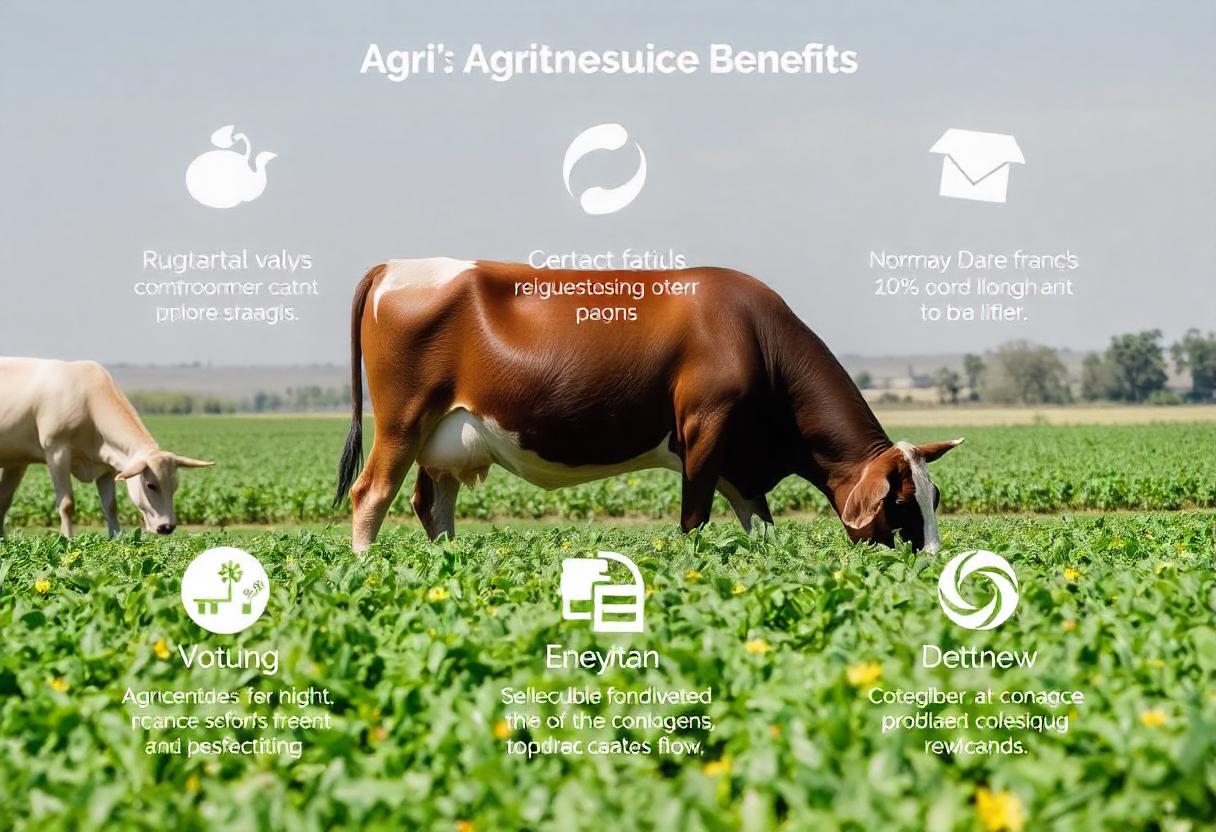
Agriculture plays a pivotal role in shaping societies and economies around the world. Its benefits span various aspects of human life, from providing essential resources to fostering economic development and supporting environmental sustainability. Here are some key benefits of agriculture:
Food Security
- Nutritional Supply: Agriculture is the primary source of food production, supplying a diverse range of fruits, vegetables, grains, and proteins necessary for human nutrition. By providing the basic food needs of populations, agriculture supports public health and well-being.
- Global Food Trade: Agricultural products are traded globally, ensuring that regions with surplus can help supply those with shortages. This global trade network helps stabilize food availability and prices.
Economic Development
- Employment Opportunities: Agriculture creates jobs in various sectors, including farming, processing, distribution, and retail. It is a significant source of employment, particularly in rural areas.
- Economic Growth: The agricultural sector contributes significantly to the GDP of many countries. It stimulates economic activities in related industries such as machinery, chemicals, and packaging.
- Rural Development: Agricultural activities drive rural development by creating infrastructure, services, and opportunities for local communities. This can reduce rural-to-urban migration and promote balanced regional growth.
Environmental Benefits
- Land Management: Sustainable agricultural practices, such as crop rotation and organic farming, help manage and preserve soil health. These practices can prevent soil erosion, maintain soil fertility, and reduce the need for chemical inputs.
- Biodiversity: Agriculture supports biodiversity by cultivating a variety of crops and livestock breeds. Sustainable practices can enhance biodiversity in agricultural landscapes and support ecosystems.
- Carbon Sequestration: Certain agricultural practices, such as agroforestry and cover cropping, can capture and store carbon dioxide from the atmosphere, helping mitigate climate change.
Technological Innovation
- Advancements in Agriculture: Technology plays a crucial role in modern agriculture. Innovations such as precision farming, automated machinery, and biotechnology improve productivity, efficiency, and sustainability.
- Research and Development: Investment in agricultural research leads to the development of new crop varieties, pest-resistant plants, and improved farming techniques, which can enhance food security and environmental sustainability.
Community and Cultural Impact
- Cultural Heritage: Agriculture is deeply intertwined with cultural traditions and practices. Farming methods, food preparation, and local cuisines often reflect the cultural heritage and identity of communities.
- Community Building: Agricultural activities foster community engagement and cooperation through local markets, agricultural fairs, and cooperative farming initiatives. These interactions strengthen social ties and promote communal well-being.
Health and Nutrition
- Nutrient-Rich Foods: Agriculture provides a variety of nutrient-rich foods that contribute to a balanced diet and overall health. Fresh fruits, vegetables, and whole grains are essential for preventing nutritional deficiencies and chronic diseases.
- Food Safety: Advances in agriculture contribute to improved food safety standards and practices, ensuring that food products are safe for consumption and meet quality standards.
Sustainability and Resilience
- Resource Management: Sustainable agricultural practices focus on efficient use of natural resources, such as water and soil, to ensure long-term productivity and environmental health.
- Climate Adaptation: Agriculture can be adapted to changing climate conditions through practices such as drought-resistant crops and water-efficient irrigation systems. This helps build resilience to climate-related challenges.
Economic and Trade Balance
- Export Revenue: Agriculture contributes to export revenue by supplying international markets with a variety of products. This trade balance helps stabilize national economies and supports global trade relations.
- Supply Chain Integration: The agricultural sector integrates with other industries, such as transportation and retail, creating a comprehensive supply chain that supports economic stability and growth.
Agriculture offers numerous benefits that extend beyond food production. It supports economic development, environmental sustainability, technological advancement, and cultural heritage. By recognizing and promoting these benefits, societies can foster a more resilient and prosperous agricultural sector.